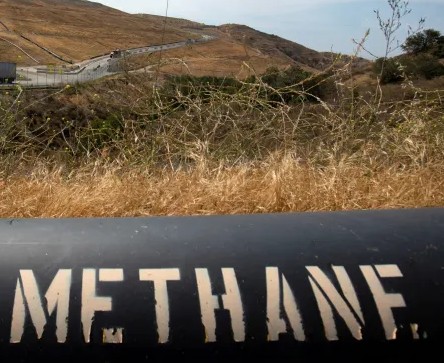
The Energy Collective Group
This group brings together the best thinkers on energy and climate. Join us for smart, insightful posts and conversations about where the energy industry is and where it is going.
Shared Link
COP28’s Focus and Agreed to Action on Methane is Delusional Collective Thinking
There is no doubt that methane (CH4) packs a greenhouse gas punch greater than carbon dioxide (CO2) over the short term making it the low-hanging fruit of climate solutions. Maybe, that’s why talk about CH4 came up often at the recently concluded COP28 in Dubai. But what is missing when describing CH4’s atmospheric impact is its short duration lasting a mere 12 years, and certainly no more than 20. CH4 after becomes CO2 and water vapour. So we still have two potent greenhouse gasses to deal with after the fact.
A kilogram of CO2 entering the atmosphere today will be around for as long as a thousand years. Humans are not putting kilograms but rather megatons of CO2 into the air annually. When compared to volcanic eruptions each year, we produce 60 times more. Our total emissions for 2022 were 36.8 billion tons. That was 0.9% higher than in 2021 but lower than the rate of global economic growth at 3.2%.
CH4 emissions are the least of our greenhouse gas worries. The amount of warming caused by CH4 is short-term because it doesn’t accumulate in the atmosphere for 12 to 20 years. When it vanishes it degrades to become a CO2 problem. Delay CH4 action and its effects will vanish in two decades. Delay acting on CO2, and it will keep accumulating for up to 1,000 years. That’s why every added kilogram of CO2 is the much greater global warming threat.
COP28’s Focus and Agreed to Action on Methane is Delusional Collective Thinking
COP28 included 155 nations and 50 oil & gas company agreements to tackle methane which degrades to CO2 in time, leaving the longer-term problem and more dangerous greenhouse gas.
Get Published - Build a Following
The Energy Central Power Industry Network® is based on one core idea - power industry professionals helping each other and advancing the industry by sharing and learning from each other.
If you have an experience or insight to share or have learned something from a conference or seminar, your peers and colleagues on Energy Central want to hear about it. It's also easy to share a link to an article you've liked or an industry resource that you think would be helpful.



























Sign in to Participate